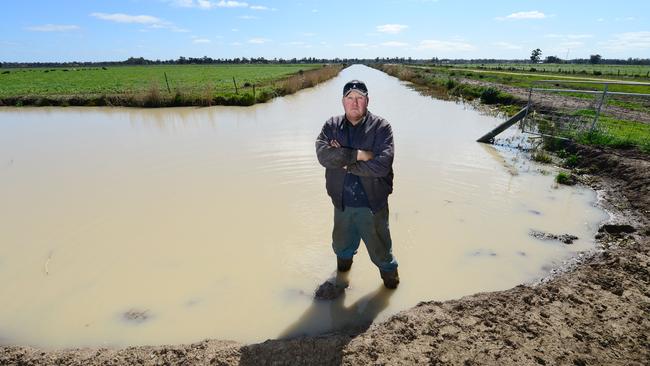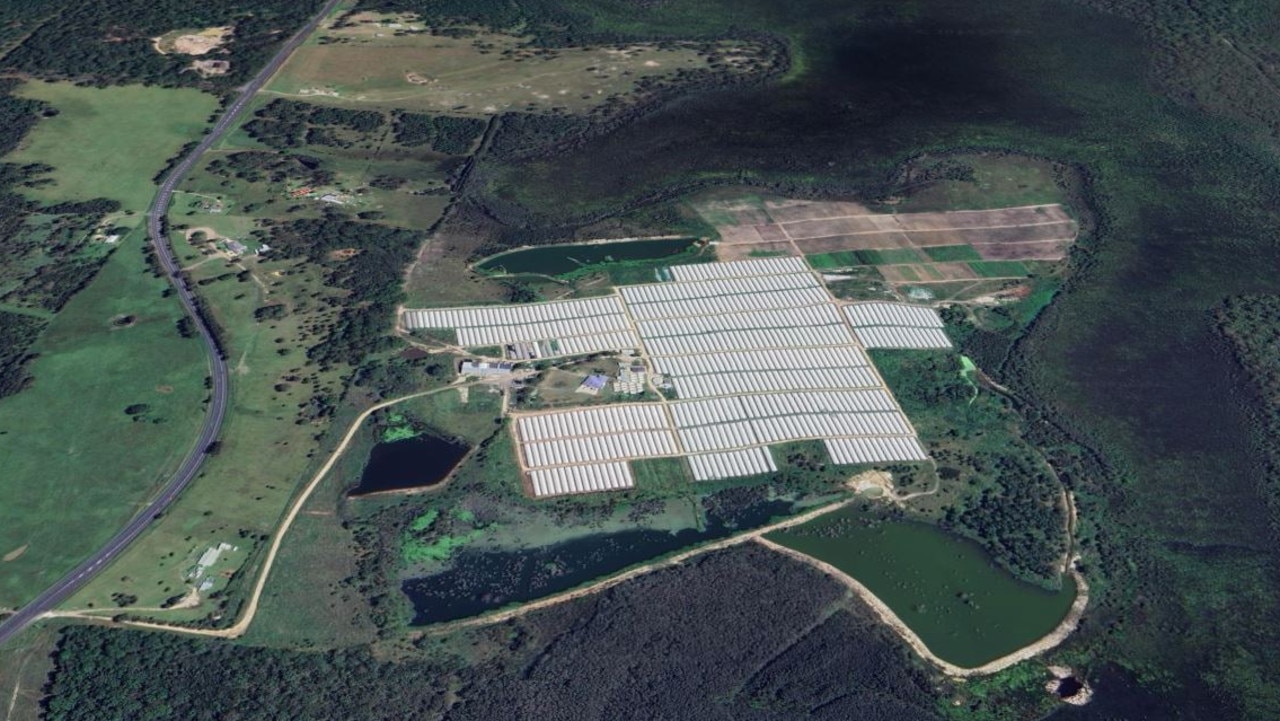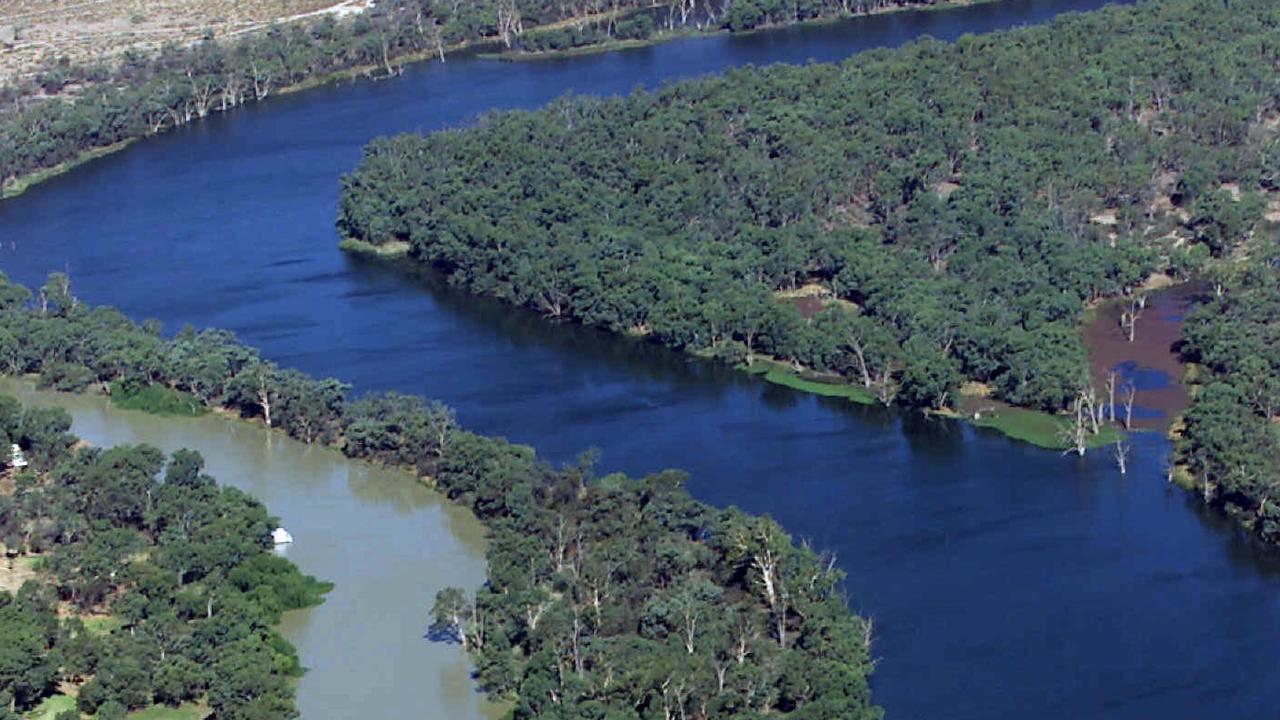ABARES free trade call: Let CEWH buy and sell more allocation water
ABARES says the CEWH could sell up to 25 per cent of its annual allocations each year without “significant market impacts”.

Federal government economists say the Commonwealth Environmental Water Holder could wade deeper into Murray Darling Basin water markets, selling up to 25 per cent of its annual allocations each year without “significant market impacts”.
The Australian Bureau of Agricultural and Resource Economics and Sciences team’s modelling of the Goulburn catchment concluded “trades in the order of 25 per cent of CEWH allocations received would not necessarily have a significant impact on water allocation prices, if spread throughout the year”.
“When considering price impacts from trading water, any negative impacts on some people tend to be offset by positive impacts on other people. That is, price impacts have distributional consequences, but they do not cause harm in aggregate, and are consistent with being a good neighbour,” it stated.
Section 106 of the federal Water Act 2007 currently restricts the CEWH to disposing of water “that cannot be carried over, or that are likely to result in a reduced allocation”.
But ABARES’s team argues the CEWH and other state-based environmental water holders should be free to buy and sell water allocation against their 2100 gigalitre pool of entitlements across the four Murray Darling Basin states.
“Other water market participants use water markets freely in pursuit of their objectives - EWHs should do the same,” the report concludes.
But Victorian Farmers Federation water council chair Andrew Leahy said to think trading 25 per cent of the allocation water in a valley would have no impact was “ludicrous”.
“Individual farmers can’t compete with the CEWH in the market due to their excessive market power,” Mr Leahy said.
“Buying up 25 per cent of water in a drought year would create a food crisis.”
Mr Leahy also pointed out the ABARES report failed to mention the impact of the federal government’s plan to strip another 450GL out of the consumptive pool, giving the CEWH “even greater market power”.
“The report ignores all the special rules that are available to the environment when transferring water that is not available to irrigators.”
“The environment can get water through the Barmah Choke when the trade rule is closed, the environment can request which storage water is released from, the environment is credited with return flows.”
Australian Water Brokers Association president Andrew Martin said the report made no sense.
“Firstly, if the CEHW is buying they are competing with irrigators so pushing water prices higher and therefore increasing costs for producers,” Mr Martin said .
“Secondly, stating that gains to sellers offset losses to buyers makes no sense when the sellers and buyers are almost always distinct parties that do not offset gains and losses among themselves.”




